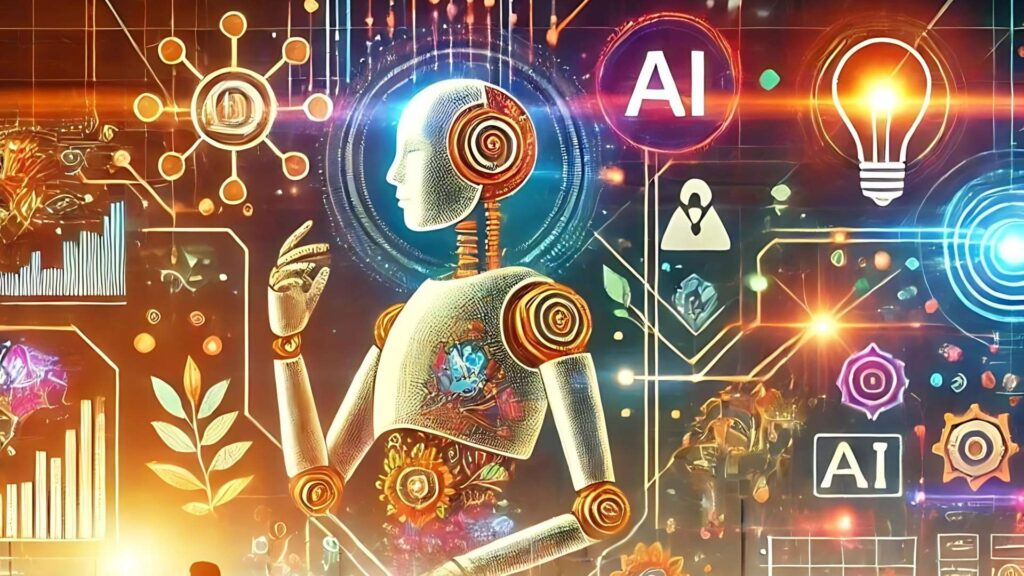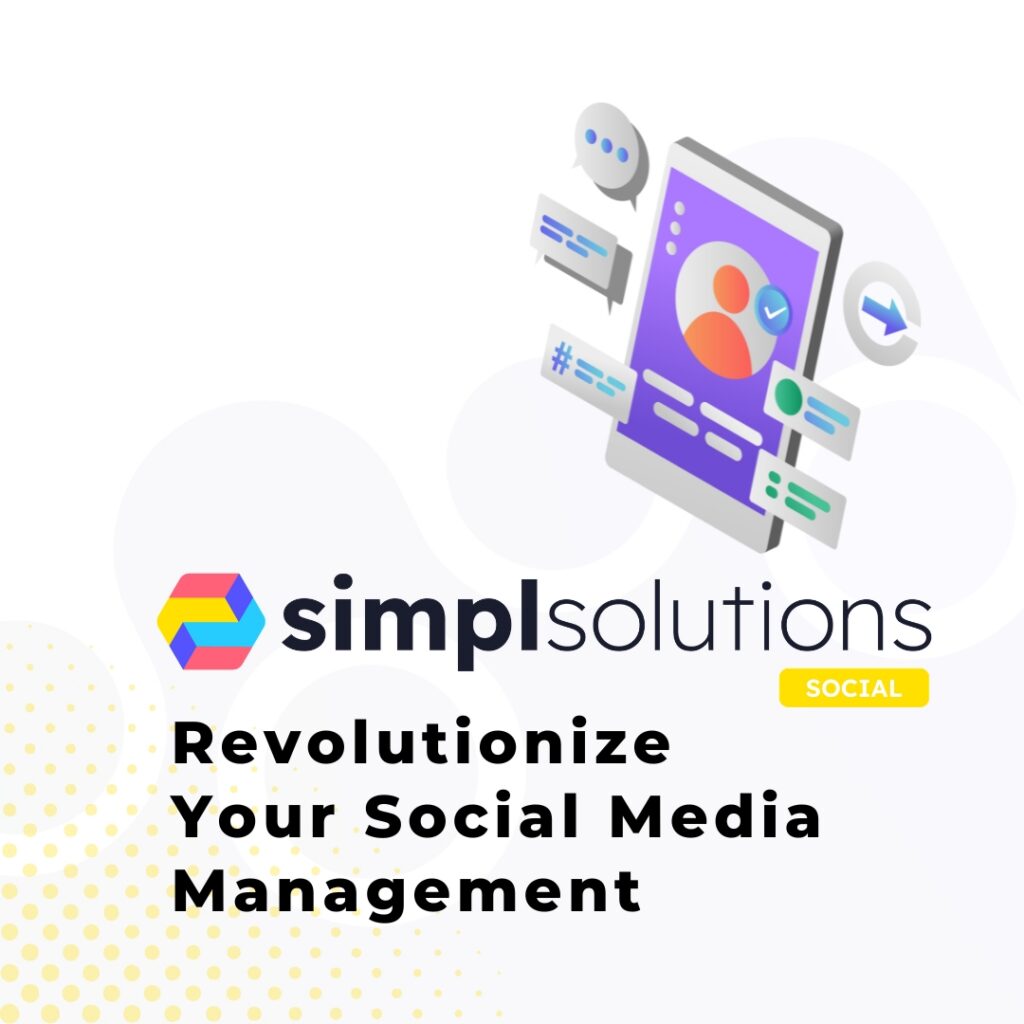In the era defined by rapid technological advancements, Artificial Intelligence (AI) emerges not only as a topic of innovation but also as a source of concern particularly for knowledge workers. Yet, amidst these AI-Enhanced transformations, there are vast opportunities for knowledge workers to not just survive but to truly thrive.
Embracing an AI-Enhanced Workplace
AI as an Augmentation Tool
Unlike the common misconception, AI is not here to replace but to augment human capabilities in the workplace. This transformative technology takes on repetitive tasks, freeing up knowledge workers to engage in more complex and creative endeavors. This shift not only boosts productivity but empowers professionals to contribute in more strategically impactful ways.
Boosting Efficiency and Innovation
AI’s ability to rapidly process data and perform time-intensive tasks allows knowledge workers to focus on high-level analysis, strategy, and innovation. This synergy between human and machine significantly accelerates workflow processes while promoting more dynamic roles for workers in the creative and strategy sectors.
Adapting to New Skills and Opportunities
Importance of Soft Skills
In a landscape where AI handles increasingly technical tasks, soft skills such as critical thinking, empathy, and ethical judgment become more valuable. These inherently human skills are essential for interpreting AI-enhanced data and making informed decisions, thereby placing an increased demand on knowledge workers who excel in these areas.
Continuous Learning and Flexibility
Success in an AI-enhanced environment hinges on continual learning and adaptability. Knowledge workers need to stay abreast of technological trends, continuously enhancing their skills not just in new technologies but also in understanding the ethical implications and limitations of AI.
Collaborating with AI
AI in Team Dynamics
Rather than viewing AI as a threat, it should be seen as a powerful ally in the workplace. AI can assist teams by offering real-time insights, improving decision-making processes, and even forecasting trends, which can significantly enhance teamwork and efficiency.
Development of New Job Roles
The integration of AI leads to the evolution of existing roles and the creation of new ones. Areas such as AI supervision, data science, and machine learning require skilled professionals to manage AI operations, pointing to a wealth of opportunities for those ready to transition into these new roles.
Future Preparations
Promoting Change and Innovation
It is crucial for knowledge workers to adopt an open mindset towards the changing technological landscape. Embracing AI will smooth the transition and reduce apprehension. Organizations play a crucial role in providing the necessary training and resources to facilitate this shift.
Educating the Next Generation
Colleges and universities must also adapt, updating curriculums to include AI and machine learning while emphasizing the development of soft skills and lifelong learning to prepare students for future job markets.
Concluding Thoughts: A Look Toward a Prosperous Future
The advancement of AI may pose challenges, but it also opens up a plethora of opportunities for knowledge workers. By leveraging AI to augment their roles, honing skills that AI cannot replicate, and adapting to new job landscapes, knowledge workers can not only persist but excel. Viewing AI as a collaborative partner rather than a competitor and seizing the opportunities for innovation and enhanced productivity it offers ensures a promising future.
Ultimately, the balance and integration of skilled professionals and AI promise a dynamic AI-enhanced landscape where the unique capabilities of human intelligence are more valuable than ever. Contact SimpSolutions today for a guiding hand in the AI space.
FAQ about AI Enhancements
How is AI enhancing the role of knowledge workers?
AI tools are automating routine tasks, providing data-driven insights, and augmenting decision-making processes. This enables knowledge workers to focus on strategic and creative efforts, leading to higher overall efficiency.
What benefits does an AI-enhanced workplace offer?
Key benefits include increased productivity, improved accuracy, cost efficiency, and a competitive advantage through innovation. AI integration helps create a dynamic work environment that leverages both human and machine strengths.
What challenges might arise with AI integration in the workforce?
Challenges include the need for continuous upskilling, potential job displacement, data privacy concerns, and ethical issues. Addressing these requires proactive planning, robust training programs, and clear policies.
How can businesses prepare for an AI-driven future?
Businesses can prepare by investing in modern AI technologies, fostering a culture of continuous learning, and staying informed about emerging AI trends. This ensures smooth integration and adaptation to new workflows.
How can knowledge workers adapt to the evolving AI landscape?
Knowledge workers can adapt by embracing digital transformation, enhancing their technical skills, and collaborating with AI tools to complement their expertise. A proactive approach to learning and adaptation is essential for future success.





